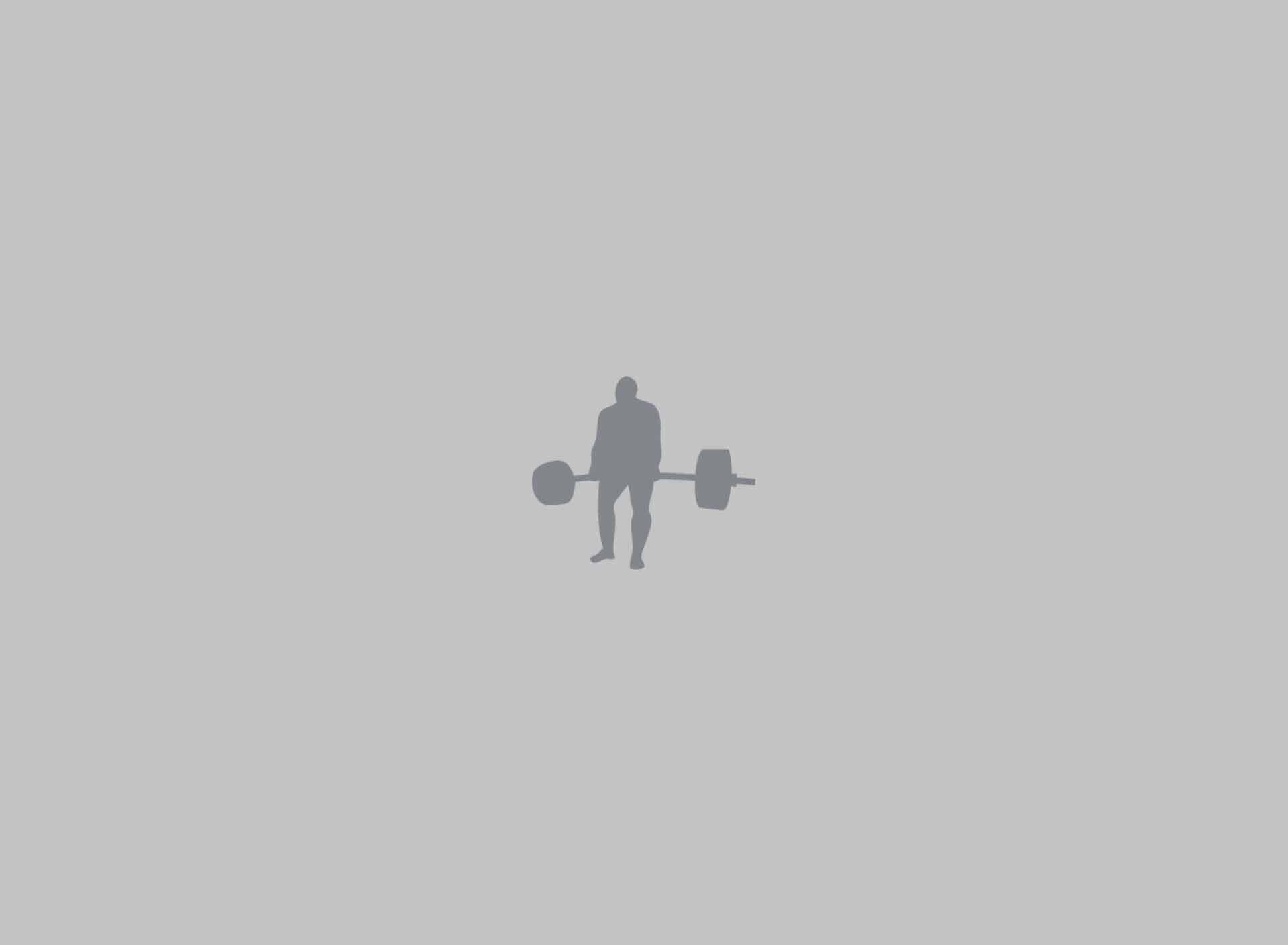Written by Dr. Reena Tenorio
1. Avoiding basic strength exercises or bodybuilding movements.
General isolated strengthening exercises can truly complement the full body and compound movements performed everyday in CrossFit WODs and can fill in the strength gaps that may be present – making you a STRONGER athlete!
Isolated movements allow for concentrated muscle contractions, thus helping to build muscle.
Accessory strength programming can be set by classic muscle groups (back/biceps, chest/triceps, legs, etc.) or daily overall body work (hitting 12 exercises per body part).
2. Neglecting strict movements of core CrossFit movements.
Although practicing efficiency of “kipping” movements is important, it is also imperative to safely build tolerance to volume and strength for max repetitions by performing strict movements regularly.
This type of emphasis should occur during competition off season, but can be added as warm-up accessory movements to ensure proper activation once a workout begins.
This also helps to build strength to avoid injury during high rep/high volume workouts and competition. Longevity and staying healthy is key.
3. Max effort every day.
I am not suggesting that you sandbag or half-ass a workout, but hitting your “Red Line” every day will eventually wreck your body. Training days are far too often treated as competition and athletes end up taxing the central nervous system, resulting in injury.
There IS a difference between intense training and competition. Learn how to ride that fine line between the two.
4. Repeating baselines and maxing out too often.
Having reference times, scores, and numbers to record long-term progress is great, but focusing on improving baseline WODs and max lifts can restrict growth.
A good rule of thumb is to schedule baseline WODs or max-out days 34 months apart.
5. Active recovery.
Take a day, to do NOTHING.
Sit in the sauna, hop in an ice bath, get a massage, lay on the couch. One day of pure rest is not going to limit or restrict your progress; in fact, it will give your body and mind the necessary time to actually recover and reset for the next week’s training or competitions.
(Note: Doing a workout that is not “programmed” does not make it void.)
I was once told by the great Russian lifter Dmitry Klokov that prior to competition, you must decrease training volume and intensity: “You have to make your body and mind crave the barbell,” the weights, the platform – the same goes for CrossFit.
6. Expecting bands, balls, rollers, straps, wheels, and tape to be quick fixes for injuries, aches and pains.
Find yourself a quality doctor, physical therapist, chiropractor, massage therapist, or other medical professional to truly treat your body. You can perform daily maintenance, but investing in services of a professional is important to ensure injuries are treated appropriately and to increase the likelihood of longevity in your sport.
I regularly have athletes come into my clinic asking, “Why does (this) hurt? What is (this) caused by? (This) hurts when I do (this), why?”
Well, first, because you may be making some/all of the mistakes noted above. Secondly, you are a competitor in an intense sport. Training and competing at a high level affects your body both mentally and physically.
As a competitive athlete, you are going to hurt, have aches/pains, and have imbalances on most days; understand that. I am not suggesting you neglect caring for yourself, but don’t expect to wake up everyday feeling 100%. Get treatment regularly.
7. No coach, no program, no structure.
“Prepare for the unknown.” This can be achieved with a structured, planned program and should be. Doing random, unstructured workouts without reason is the perfect way to get injured and be unprepared for the unknown.
Hire or acquire a coach or someone to program specifically for you. This will hold you accountable, ensure your training includes movements you hate or are weak at (most athletes have a hard time acknowledging their weaknesses and programming accordingly). A quality coach and program will put you on the track for long-term progress, keeping you healthy and preparing you to perform your best when it is most important.






